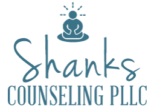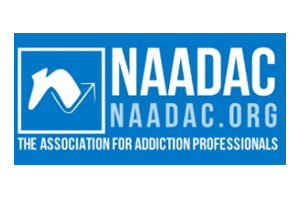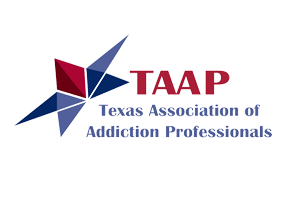ABOUT CHRIS SHANKS
I have a passion for helping those who are hopelessly hooked on drugs and alcohol, because this I understand firsthand.
I was hooked on one substance or another from the time I was a young teen. I managed to keep it together at times and was basically functional. Leading a double life is something I know well.
As my dependence increased, and the cycle of quitting and relapsing repeated, I lost my career, my family, my sanity, my health, and, eventually, my freedom.
I tried so many times to quit. Over 29 years, the longest I ever had clean was eight months. As a chronic relapser, I was frustrated with traditional recovery methods.
Eventually, my lifestyle caught up with me in a drug-dealing investigation on April 7, 2009. This is my sobriety date. Soon after, I found myself in solitary confinement with one book: A New Earth by Eckhart Tolle. It caught my attention.
I spent the next four years in a maximum-security prison in Huntsville, Texas. Studying and practicing mindfulness turned my entire existence around. These were the most transformative years of my life.
I was freer while incarcerated than I had ever been in my life. I found the way out of the prison of my mind. When I was released in 2013, I started over with only a coffee cup and some dharma books to my name.
Uncertain of my path, doors kept opening to help others. I finished college at age 47, obtained a counseling degree, and worked for more than four years at a treatment center outside of Austin, Texas, with some of the hardest cases of chronic relapsers.
I bring a unique, no-nonsense approach to mindfulness and spirituality that resonates with my clients and has consistently proven effective in achieving lasting sobriety.
MY PHILOSOPHY
To understand this method, I start with the problem: The mind. To facilitate sobriety, we must first address its primary threat: Relapse.
Every relapse is preceded by a “sober thought.” The brain is where the biology of desire and craving begins. If relapse is not addressed effectively, it will be waiting for just the right circumstances to occur.
There is an overlooked stage in recovery between a stressor and the coping mechanism of an addict; it is here that the mind determines how to act to cope with the stressor. The meso limbic system influences the mind – and it is these thoughts that cause an addict to surrender to desire and to relapse. It can happen at any time in early recovery.
A different “operating system” of sorts needs to be installed in the client’s head. One that can “see the mind” rather than “be the mind.” This is what committed meditation and mindfulness can do.
I teach an understanding of neuroscience, addiction, consciousness and mindfulness. I break it all down to easily inform and assist clients in their recovery. I keep clients engaged between sessions with a daily meditation curriculum, readings, working with mindfulness apps, and a weekly Zoom group.
Once a client is beyond the immediate danger of relapse, we evolve to a more traditional counseling relationship where the client can process the normal difficulties of life from a mindfulness perspective.
My philosophy is inspired and informed by the teachings and work of Eckhart Tolle, Loch Kelly, Jack Kornfield, Tara Brach, Sam Harris, Judson Brewer, Jonathan Robinson and Marc Lewis.
Frequently asked questions
I don’t take insurance, but I do provide the proper documentation for insurance reimbursement. You should check with your insurance to inquire about out of network counseling benefits.
I am located just outside of Austin Texas, but that doesn’t matter because I am strictly Tele-med counseling. I can see you anywhere in Texas on your smartphone.
The sessions are $65, I will consider a sliding scale for those who need it.
It is not intended to be long term, but it really depends on how much progress is made. Many clients have made significant progress in as little as a few months.
Just call 512-650-0874 and I will then send you the documents via email to sign up and put you on the schedule.
Most definitely. I will show you an “experiential” power that is greater than “self”, rather than a conceptual one. Having access to this power is the main purpose of the AA program, according to page 45 of the AA big book.





